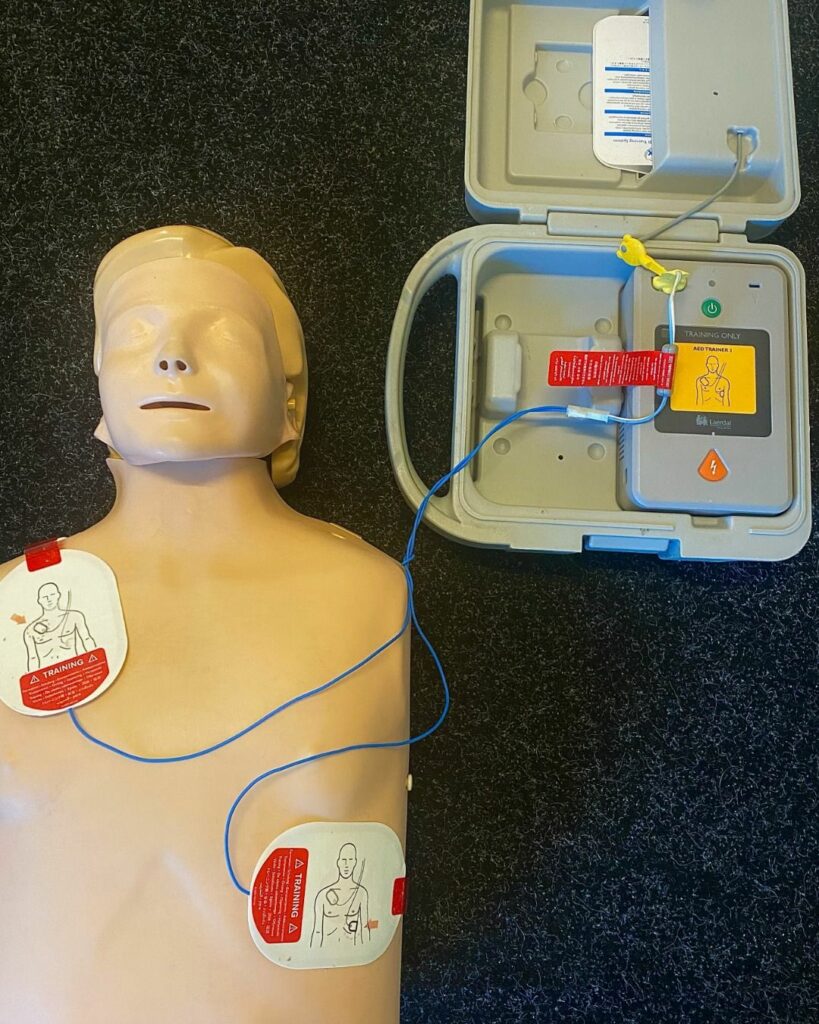A stroke occurs when there is a blood clot or bleeding in a blood vessel, blocking blood flow to the brain. It can affect people of any age and can cause long-term complications. Recovery is possible but depends on the stroke’s severity and a person’s overall health.
Life can instantly change after having a stroke, physically and mentally. It also can change everyone surroundings your life too as thing may have to change and people will have to adapt. Changes to your physical ability will depend on which portion of the brain was damaged and how much. Some of the most common physical damage caused by stroke include incontinence, problems with swallowing or eating, weakness or paralysis. Nerve damage can cause difficulty with exercise or physical activity, too. Many caregivers find that their loved ones will need to be in an assisted living facility to receive full-time care. Stroke patients often benefit from physical therapy or speech therapy that helps increase strength and mobility as well as the patient’s ability to care for themselves in the future. Due to the physical difficulties that you can experience after a stroke, many patients suffer from depression or feelings of sadness due to their limited physical abilities. Overcoming the physical pain and weakness that can come after a stroke may make it difficult to sleep or take pleasure in activities that they enjoyed in the past. Problem-solving, depth perception, and performing certain movements can be limited as the brain struggles to determine how to work around damage that happens to the brain after a stroke. When your loved one is suffering from the long-term effects of a stroke, caregivers may find themselves wondering how they will be able to manage to support all of their needs. A very common question that arises after having a stroke is “will it happen again? Many of the stroke survivors we speak to talk of the crippling anxiety and worry that comes with having a stroke and often ask, “could I have another stroke and what if it is more severe next time?” Here are our top tips to deal with the fear of having another stroke.





